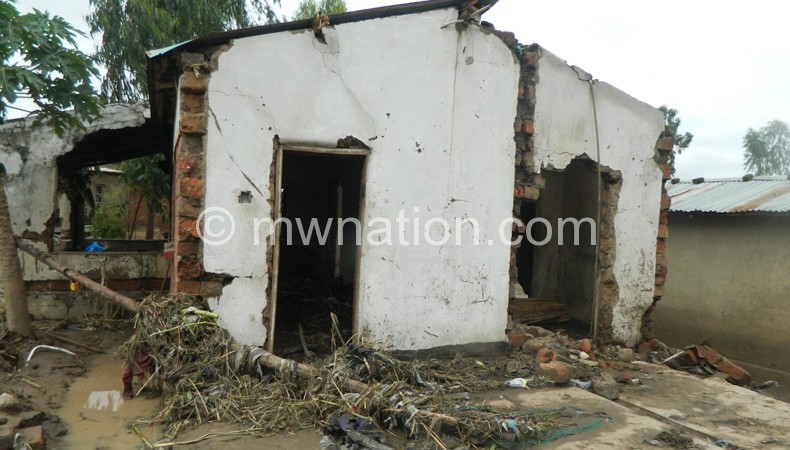El Nino to influence rainfall pattern
While most parts of the country appear to have started receiving normal rains, the Department of Climate Change and Meteorological Services says dry spells in some areas cannot be ruled out this growing season.
The department says this is a result of the current rainfall pattern being influenced by the weak El Nino whose impact includes late onset of the rains.

Usually, the country starts getting first rains around early November, but this year it has delayed, a trend attributed to inactivity of the Congo air mass and the Inter-Tropical Convergence Zone (ITCZ), the main rain bearing systems.
The department’s head of Public Weather Services, Ellinor Kululanga, said in an interview yesterday although the systems there have been established signifying the start of rainy season there is need to plan for uncertainties.
She said: “We have been experiencing the main rain bearing systems this week which will be active in Northern and Southern parts and once these are established, we know we are in the rainy season and this gives us hope.
“However, the rainfall pattern this year will be influenced by weak El Nino which is very tricky. And one of the effects of weak El Nino is late onset of rains and prolonged dry spell as was the case during the 2004/5 season.”
Due to the weak El Nino, she said, most parts experienced dry spells as the systems that trigger pre-season rains (chizima lupsya) were inactive.
Kululanga also hinted that the country may be hit by very little rains or heavy rains due to the weak El Nino influence.
However, she said while most parts of Southern Region such as Mulanje, Thyolo, Zomba, parts of Machinga and Blantyre, have been getting normal rains most parts of the Central and Northern regions were still dry.
Kululanga also warned of heavy rains in flood prone areas and advised residents to take precaution measures so that they adapt to floods. n





